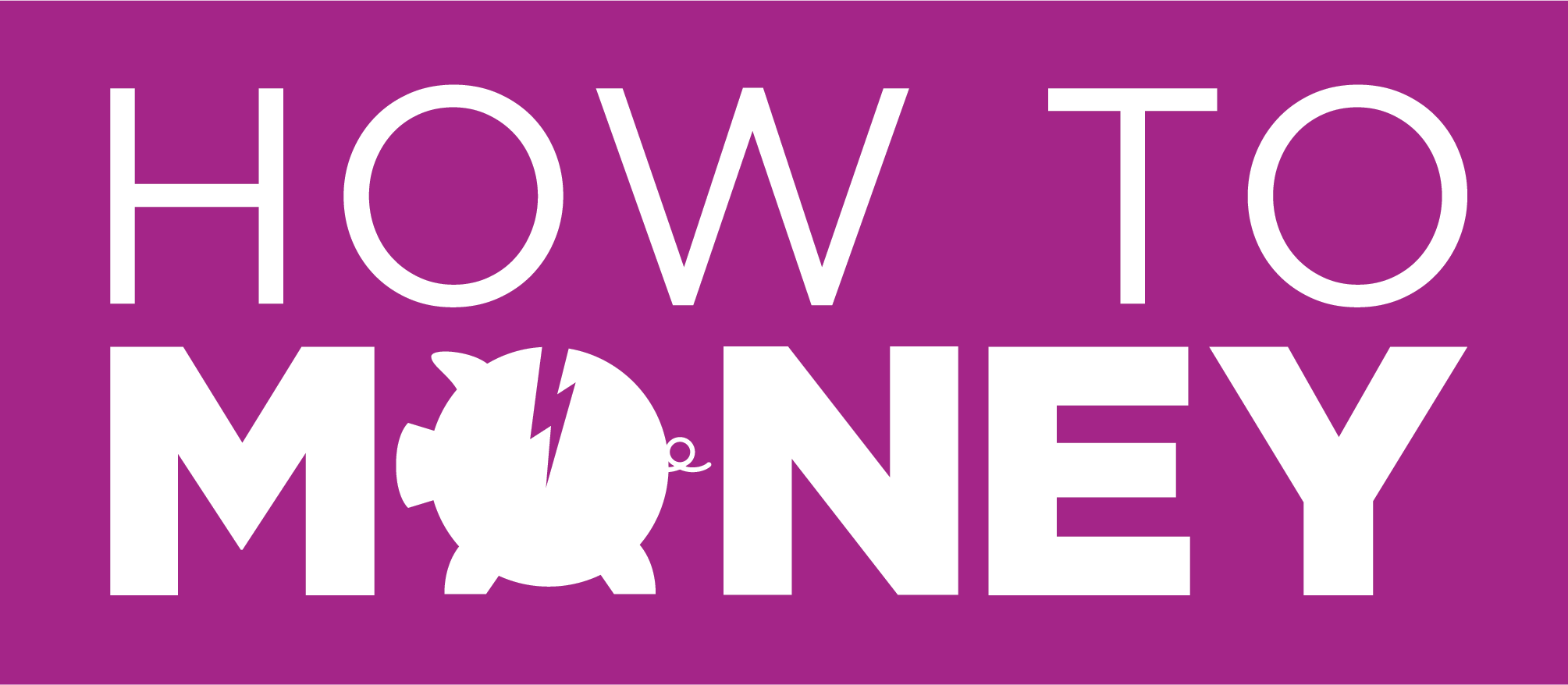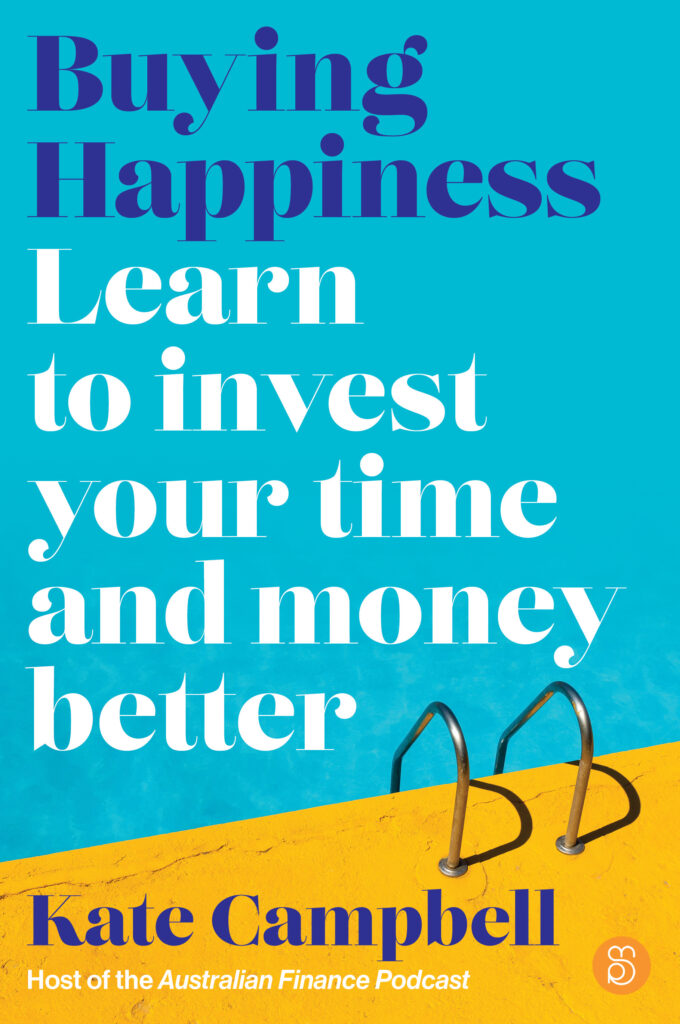
Saving Up For Your First Home Deposit
As a young adult, saving up a home deposit and purchasing your first home is often regarded as a rite of passage into the “real adult” zone. However, it’s certainly a challenging process and certainly requires some degree of sacrifice to achieve.
I’m certainly an advocate for the fact that there are many other ways to invest your money outside of buying a home, which I often discuss on How To Money, and you should definitely consider why you’re buying a property. If it’s only because you’ve been told its something you need to tick off the “adult” list, you’re trying to impress your friends or family or because you believe it’s a risk-free way to invest, you should really pause to consider if making such a massive long-term commitment is suitable for you.
If buying a property fits with your life/family/financial goals and you’re ready to put in the work, I’ve included some ideas and resources on saving up for your first home deposit below. Like most things in life, this is just a small collection of thoughts and ideas, so I recommend you research a wide range of sources, chat with friends and family about their experiences and find professionals such as mortgage brokers and buyers advocates to help you with this.
Say I’m a first home buyer looking to buy a small 2BR apartment on the outer edges of Melbourne for $500k. Saving a 20% deposit ($100k) from nothing seems so far out of reach, so where would I even start?
I posed this question to Amy Lunardi, who is an experienced buyer’s advocate and host of The Buyer’s Bible Podcast, who works on behalf of the buyer in the property buying process. She suggests having a really clear and defined goal before getting started. You should also chat to a mortgage broker or use a lending provider early on in your saving journey, as buying a property is not solely about the size of your deposit but also about your borrowing capacity.
Just search the words “borrowing power calculator” up in Google, and you’ll find dozens of Australian financial institutions that provide calculators, where you can plug in your income, savings and expenses and get a rough estimate of your borrowing capacity.
Amy also suggested you could investigate other options for buying a property with a lower deposit, including lender’s mortgage insurance (LMI), current government schemes, guarantor loans, etc. while you’re saving. Whichever way you choose to go, it’s important to at least save up a 5%-10% buffer, because your life in 5 years could change completely and you need to be financially flexible.
How do we realign our Instagram/The Block dream home with what we can actually afford?
One of the more challenging issues is realigning your first home reality, with your expectations. Unfortunately, most of us will not be in a position to buy our dream home initially and it may not be something we can achieve until later in our life. When I asked Amy for her thoughts on this, she said many first home buyers have to make concessions to jump into the market, like buying a larger home but living further away from the city or rentvesting. Think of your first home as a stepping stone, rather than the end result.
Some question worth thinking about include:
- How much sacrifice is too much?
- Could your goal of buying a house be an unrealistic one?
- Will buying a house make your life better or worse?
- What will your cash flows look like?
- What do the mortgage repayments look like?
Amy also recommended playing around with a mortgage repayment calculator (try the MoneySmart one here), and working out what your repayments would look like at a range of different interest rates (try 3% to 7% to start with). Will buying a home improve your lifestyle afterwards, or will the mortgage repayments push your budget to the edge and force you to massively reduce your spending for many years to come.
Is what I want feasible or can I compromise by choosing a smaller property, moving out of the city, rentvesting etc.?
One way to help work out what you can afford is by having a hard look at your current spending and what you prioritise. Is the most important element for you having room for a family, being close to the city/work/family or being in a more sought after suburb?
It’s also critical on your deposit saving journey not to compare yourself to other people (which is easier said than done). Everyone’s on their own journey with vastly different priorities, and their financial situation will be different from yours.
Let’s say our savings plan will take five years, what can we do to learn about the house buying process in the meantime to make sure we’ll be ready to go?
Once you’ve done the work and figured out what your goal is and how you’re going to get there, it can seem like a lengthy process to achieve your goal. Here are some things you could start doing now, while you’re working hard on saving your deposit.
- Sort out your savings habits — work out how to save diligently, organise your bank accounts and automate your finances.
- Research any available government schemes — there may be relevant subsidies/schemes available which could help you get started.
- Speak to a mortgage broker/mortgage lender — this will help make sure your goals are achievable.
- Speak to parents about the possibility of a guarantor loan — this is an option that may be applicable to your situation.
- Sort out your super, insurances, etc — it’s always a good time to get your financial house in order.
- Start to learn about the property market — consider relevant regulations, state-specific information, consumer affairs website, property jargon, auction process etc.
I’ve listed a number of resources below to help you understand more about buying a home and the property market. Make the most of the time while you’re saving and become your own property expert!
Kate — HTM Editor & Host
Resources
- The Buyer’s Bible Podcast
- Amy Lunardi Property — Buyer and Vendor Advocacy
- How to be a property buyer during covid — market timing
- Lenders Mortgage Insurance (LMI) explained
- MoneySmart — Home loans
- First time home buyers: The ultimate guide to buying your first home
- Vic Gov: First home buyer guide
- First Home Loan Deposit Scheme
- How to save for a house deposit
- What is rentvesting?
- Mortgage calculator

Kate Campbell is the founder of How To Money. Kate created HTM from a passion to help young Australians start talking about money, and share the resources she finds along her financial education journey. This led Kate to start her own journey to financial independence a few years back and she now works in the Australian financial services industry.
Want to learn more about money and personal finance? Check out our article archive, the How To Money Podcast and the Australian Finance Podcast. Catch us on Twitter @HowToMoneyAUS and Instagram on @HowToMoneyAUS.
Important Information
The information on this blog and website is of a general and educational nature only. It does not take into account your individual financial situation, objectives or needs. You should consider your own financial position and requirements before making a decision, as we are not an advisory service. We recommend you consult a licensed financial adviser in order to assist you. The information is based on assumptions or market conditions which can change without notice, and this will impact the accuracy of the information provided. This website and blog occasionally provide links to third-party sites, aimed at helping you gather the information required to make an informed decision — we may receive payment for these referrals.






